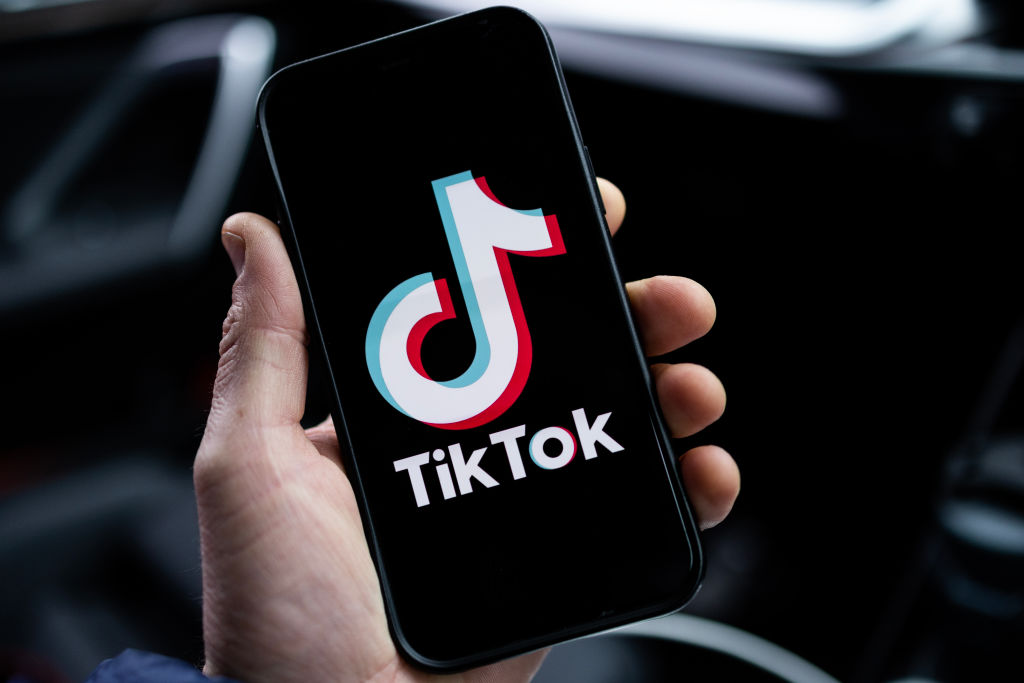The Interior Minister of Austria, Gerhard Karner, has announced that the country will soon join the growing number of nations banning TikTok on government-issued mobile phones. This popular video-sharing app, which a Chinese company owns, has already been prohibited in several Western countries, including the United States and the United Kingdom, due to concerns over data security. Additionally, the two major policymaking institutions of the European Union, the European Commission, and the European Parliament, banned the use of the app on their devices in March of this year.
While TikTok has gained immense popularity among users worldwide, its ties to China have led to skepticism regarding the protection of user data. The Chinese government’s stringent laws on data privacy have only heightened concerns, leading many countries to take preemptive action in the interest of national security. Given the sensitivity of government-related information, it’s no surprise that many nations have opted to ban the app on official mobile devices.
Austria’s decision to follow suit with the ban of TikTok on government phones underscores the need for countries to protect sensitive information from potential security breaches. The move is expected to contribute to the global conversation on the potential risks the popular app poses and may prompt further actions from other nations seeking to safeguard their data.
Austria Allows Private Use of TikTok Amid Ban on Government-Issued Mobile Phones
Austria’s Interior Minister, Gerhard Karner, clarified that TikTok will only be banned on government-issued mobile phones, while it will still be accessible on private phones outside the state network. In response to questions from reporters ahead of a weekly cabinet meeting, Karner stated that the app would not be accessible on work mobile phones, but politicians within the government would still be able to use it on their devices.
Karner’s statement suggests that while Austria is taking measures to protect sensitive information on official devices, it is not taking a blanket approach in restricting access to the app. It is worth noting that TikTok has been a source of concern for many governments due to its links to China and the potential risk this poses to user data security. By allowing private use of the app, Austria may be signaling a balance between safeguarding national security interests and individual privacy.

This move by Austria to ban TikTok on government-issued mobile phones aligns with the actions of other Western countries who have also raised concerns over the app’s data privacy practices. The ban is expected to prompt discussions on the risks posed by the app and the need for greater oversight of how user data is collected and used. It remains to be seen if other nations will follow Austria’s approach of restricting TikTok only on official devices or opt for a complete ban on the app.
Austria’s Interior Minister Clarifies the Ban of social media Platforms on Government-Issued Mobile Phones
During a press conference before a weekly cabinet meeting, Gerhard Karner, Austria’s Interior Minister, responded to a question about whether politicians in the government would still be able to use TikTok despite the ban on government-issued mobile phones. He replied, “It will be banned from work mobile phones. On private phones outside the state network it will of course be possible (to use the app).”
Governments and regulatory bodies worldwide have been scrutinizing TikTok, a video-sharing app owned by Chinese company ByteDance, due to concerns over potential data privacy risks. There are fears that the Chinese government could exploit the app to harvest user data or leverage it for its interests.
As a result of these concerns, several countries have taken action to restrict the use of TikTok, particularly on official mobile devices used by government employees. The ban on TikTok reflects the heightened sensitivity towards data privacy, especially regarding government-related information.
While TikTok has gained immense popularity among users worldwide, its links to China have raised questions regarding data protection and national security. As a result, many nations are now exploring ways to safeguard sensitive information, leading to increased scrutiny of apps like TikTok.











